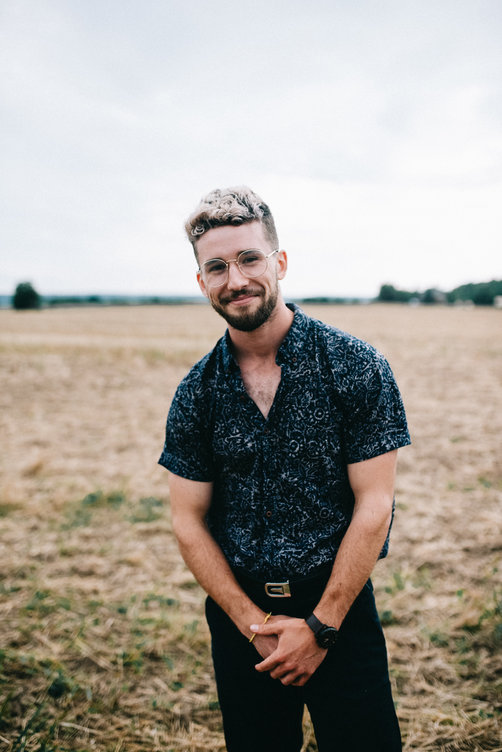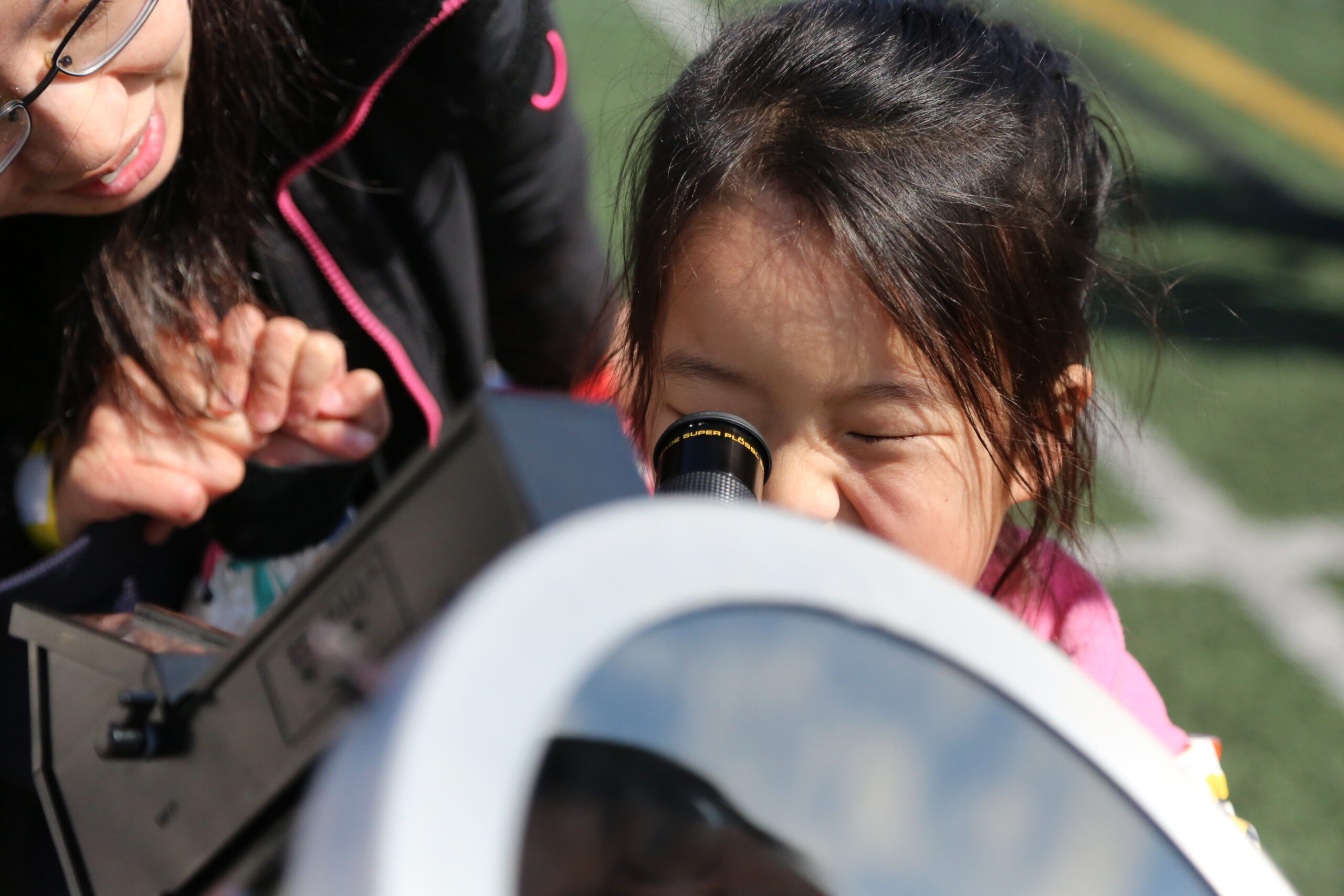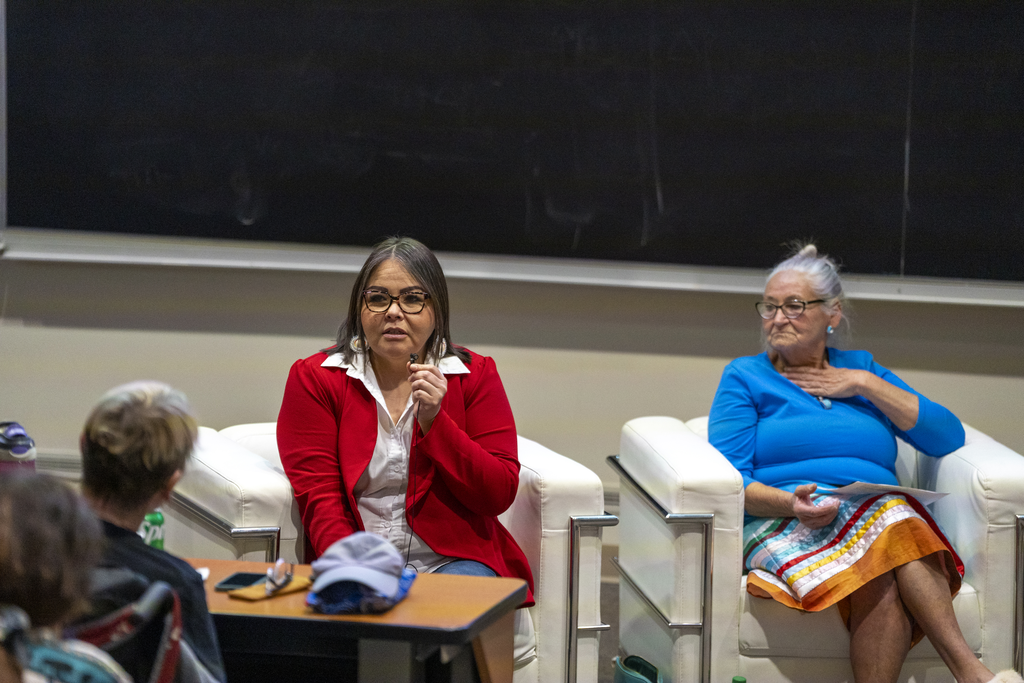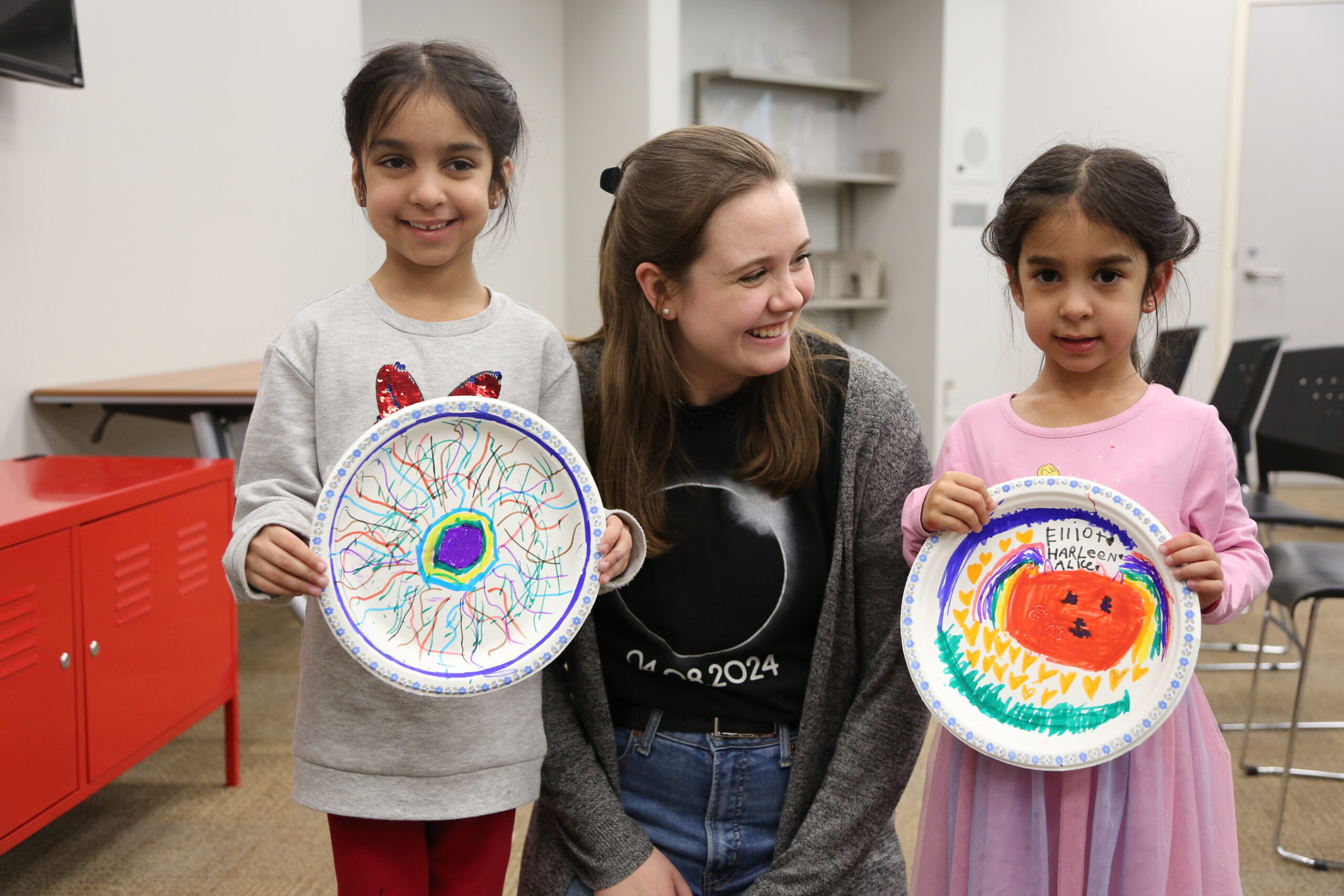Introducing MSU President & CEO – Giancarlo Da-Ré

During his term as President, Da-Ré plans to focus on course accessibility through increased use of Echo360 and ensuring completion of the new AODA-compliant MSU website, a number of sustainability initiatives including advocating for a plastic bottle ban at McMaster, increased support for international students that encompasses a new International Student Advisory Committee and supporting students during COVID-19.
What key lessons learned from your Science degree will you be drawing on during your time as MSU president?
I think of my degree as 5 years of critical thinking and analysis. In that sense, it has prepared me incredibly well for my position as MSU President during such an unprecedented year. My Chemical Biology cohort was also quite close-knit which gave me a strong sense of community within my program. Now more than ever, we need to centre the strength of our community as we navigate the pandemic.
Why did you choose Chemical Biology?
I have always been curious to learn about how the world operates, and in the field of Science, I frequently probed instructors for deeper reasoning as to why things happen in the way they do. I quickly became frustrated by answers such as, “that’s just the way it works”, or, “that’s out of the scope of this course”. I desired an interdisciplinary option that was built upon the “why” question that I had been asking. Chemical Biology was that option, and the way it made me think about the world on an atomic level shapes the way I see our community on a macro scale today.
Favourite course from your Science degree and why?
I have always thought of chemistry as a puzzle that requires different sets of puzzle pieces to build a larger picture. The courses from my degree have taught me not just about the different types of puzzle pieces, but about how they fit together and when to use them. In that sense, my favourite course was CHEM 3OA3: Organic Synthesis, because by then I had a really strong understanding of the foundational pieces that I could use to solve larger puzzles. I also found CHEM 2SC3: Sustainable Chemistry, incredibly fascinating, mainly because it was the only course I had taken that saw sustainability in the both smaller and larger communities through an interdisciplinary lens as it relates to chemistry, business and public policy.
Who had the biggest impact on you and why?
While I have never had the privilege of taking one of her courses, Kate Whalen has had the largest impact on me. Not only is she incredibly passionate about her work at the Academic Sustainability Programs Office; she genuinely takes the time to support those around her in their own journeys. Kate has taught me more about community development, leadership and internal reflection as a vehicle for self-growth and life-enhancement than most other people in my life. She has unintentionally taught me how to enjoy life more through both the work I do and the people I surround myself with. Kate is absolutely fearless, and she is someone I look up to greatly.
Your best experience as a Science student?
My favourite experience as a Science student was during my 3rd year when I had the privilege of planning and executing McMaster’s fastest ever non-sporting sell-out event, and McMaster Science’s annual formal event: Formaldehyde. I was inspired by how Daniel Tuba D’Souza (2016) and Ryan Threndyle (2017) had built such an intimate experience for the Science community in the years before me. McMaster Science is made up of an incredible community of individuals and selling 850 tickets in under 2 minutes online was symbolic of how special that community is. I will always be thankful for those who made that event possible: Samm Reynolds, Larissa Turco, Martino Salciccioli and Tuneesh Ranota.
You’ve been actively involved on campus and in the community. Where does that commitment to get involved come from? Who or what inspired you?
I was welcomed into Woodstock Hall in my first year by roughly 1000 passionate student volunteers, and I moved out of Hamilton in my fifth year during a global pandemic. I am motivated by the strength of our communities during our highest moments, and the enormous resiliency of our communities during our lowest moments. I am constantly inspired by the people around me who have contributed to the communities that I benefit from, and my commitment to involvement stems from my desire to build from the incredible work of those who have come before me. They have set the groundwork for me, so that I can lay the foundation for generations to come.
You’ve said that accessibility and sustainability will the focus for your term as president. Why are those issues important to you?
I don’t think of accessibility and sustainability as issues; I think of them as strengths. Accessibility and sustainability are both integral themes that strengthen our community, and by creating a more accessible and sustainable community, our community will undoubtedly grow stronger. Especially as we work to re-build our communities and economies out of the pandemic, we must ensure that our strategies are accessible and that we are incorporating Sustainable Development Goals into those strategies. Rather than striving to “return to normal”, these themes will assist us in reaching for something better than we had before.
What’s your career goal?
To be entirely honest, I’m not quite sure. I know that I want to work with people, and that I want to work towards building stronger communities. My vision for that is quite interdisciplinary and so I do not have a career goal in mind yet. I will be applying to Masters programs in the Fall, and I look forward to probably changing my mind a few more times over the next year before I turn the page onto my next chapter in life.
Related News
News Listing

Physics and Astronomy grad students offer out-of-this-world view at total solar eclipse viewing party
Community, Engagement excellence, Graduate students
April 8, 2024

The greatest of love stories: Panel shares Indigenous perspectives on the eclipse and astronomy
Community, Faculty, Outreach, science communication
April 8, 2024

